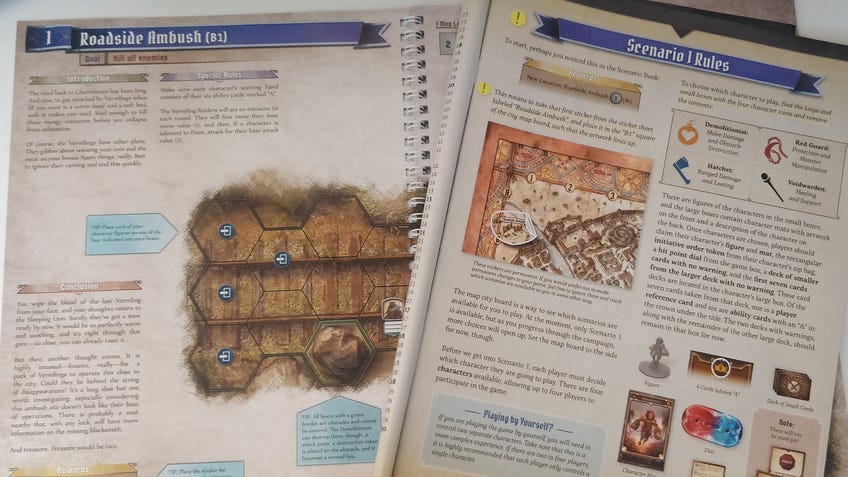ChatGPT will soon let an AI teach you board game rules
Open AI’s new GPT program allows premium users to create their own AI agents for any purpose - such as teaching your friends to play Twilight Imperium.
Teaching your game night group how to play the latest board game is hardly ever an enjoyable task, but would you relegate that work to an AI script? OpenAI, the company behind the popular chatbot, recently introduced a suite of tools that allow the public to create their own AI agents, and board game rules were one of their prime use cases.
Simply called GPTs, these machine learning-powered AI script bots tout a no-coding framework that ostensibly democratises the creation of tools to “help you learn the rules to any board game, help teach your kids math, or design stickers,” according to OpenAI’s official pitch.
These differ from the main ChatGPT introduced to the world last year (and quickly repositioned to create D&D characters) and its more general use algorithm. OpenAI wants users to create more utilitarian machine learning models (MLMs) constructed for narrow purposes. As The Verge points out, GPTs let OpenAI compete with platform peers such as Charater.AI and Meta who are focusing their efforts on scripts that emulate a veneer of humanity.
“Since launching ChatGPT, people have been asking for ways to customise ChatGPT to fit specific ways that they use it,” the launch page reads. “We launched Custom Instructions in July that let you set some preferences, but requests for more control kept coming. Many power users maintain a list of carefully crafted prompts and instruction sets, manually copying them into ChatGPT. GPTs now do all of that for you.”
OpenAI announced GPTs during the company’s first developer conference in San Antonio, California - DevDay, where it also discussed more monetisation schemes for its platform that now touts a staggering 100 million users, weekly. ChatGPT will launch a store in the future, but OpenAI wasn’t clear on data collection or moderation beyond fraud, hate speech and mature content.
So, does the board game rules GPT actually work? I’m not sure, as the three separate attempts to create a user account ended with a constant authentication error. That might be for the best as GPTs are currently limited to premium OpenAI accounts, meaning you’ll need to pay a fee to let your own script (or an internet rando’s bot, later on) teach you the intricacies of Brass: Birmingham or Ark Nova.
ChatGPT’s large language model is built on a foundation of web-based text, such as Wikipedia entries, scholarly articles, blogs and digitally archived information. That likely means that much of the rules text the board game GPT digests and regurgitates will come from BoardGameGeek forums and other hobbyist websites. If a publisher uploads a PDF of their rules to Kickstarter or their website, ChatGPT could also pull from there but only to toss it into the information slurry.
Past attempts to automate board game instructions via MLMs and other scripts have produced rules that might pass muster for lighter titles such as Point Salad or Uno but buckle under the complexity of interactions boasted by Euro boxes or even Root and Spirit Island. And the option to plug DALL-E into the scenario to produce algorithmic art will likely be a deal-breaker for most users. Even as companies strive to position AI bots as utilitarian tools, the industry is overshadowed by its current inability to compensate - or even credit - the vast amount human labour fed into this ever-growing machine.


